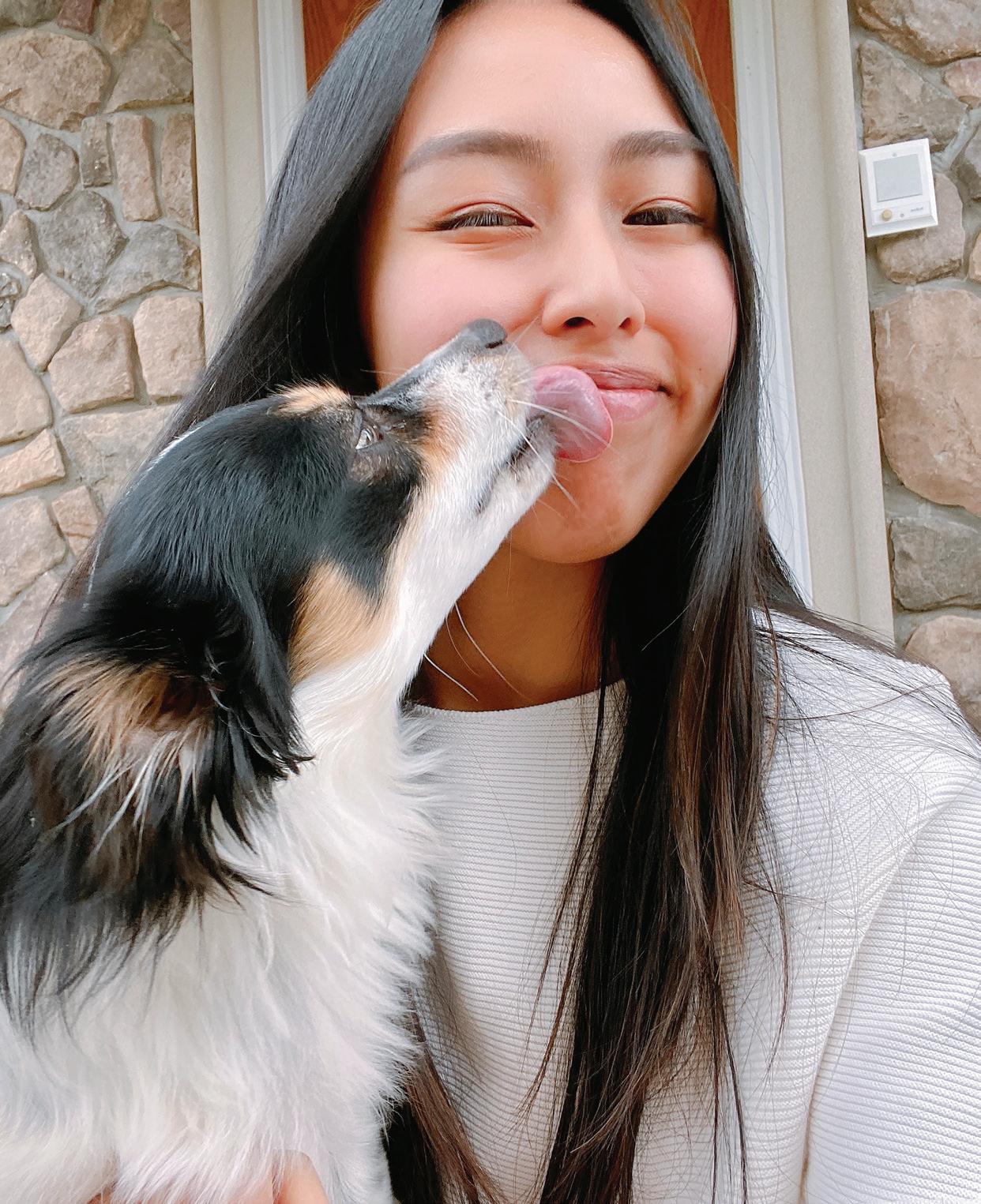HAIR, SKIN, EYES: YOUR BEAUTY IS VALID Social media is the real virus infecting minds over quarantine ELIZABETH HUMPHREYS REPORTER | MARY KRISTASATRYAN REPORTER
S
ocial media and COVID-19 have one thing in common: both have robbed us of reality. Naturally, they go together, with everyone spending hours and hours online during quarantine. “Social media often does not reflect reality but rather someone’s idea or hope of reality,” McLean’s psychologist Carol Ann Forrest said. “Many images have been altered and it is difficult to know in what way. While it is common for adolescents to become more aware of their own image and to think about how they want to project themselves to 34 | A&E | OCTOBER
others, if social media is used as a guide, it can result in teenagers having an unrealistic goal to pursue.” One of the most harmful aspects of social media is the toxic standards of beauty that it fosters. Looking at edited and staged photos can cause one to feel bad about themselves. To counteract this, different models have begun to show off their rare genetic disorders or natural beauty, altering how the public views what is beautiful or attractive. “Social media allows easy access to the opinions of others and as a result, contributes
to the desire of many students to be like someone else,” Forrest said. “When you try to be like another or imitate the behavior of another, it may lead to less respect for your own qualities and characteristics. When everyone is constantly seeing a standard of Eurocentric beauty, people of color (POC) can especially feel this pressure. Born with Waardenburg syndrome on the small island of Barbados, Jalicia Nightengale is a black woman with piercing ice blue eyes. Waardenburg is an extremely rare condition that causes loss of pigmentation in skin, Artwork & page design by Arin Kang





















